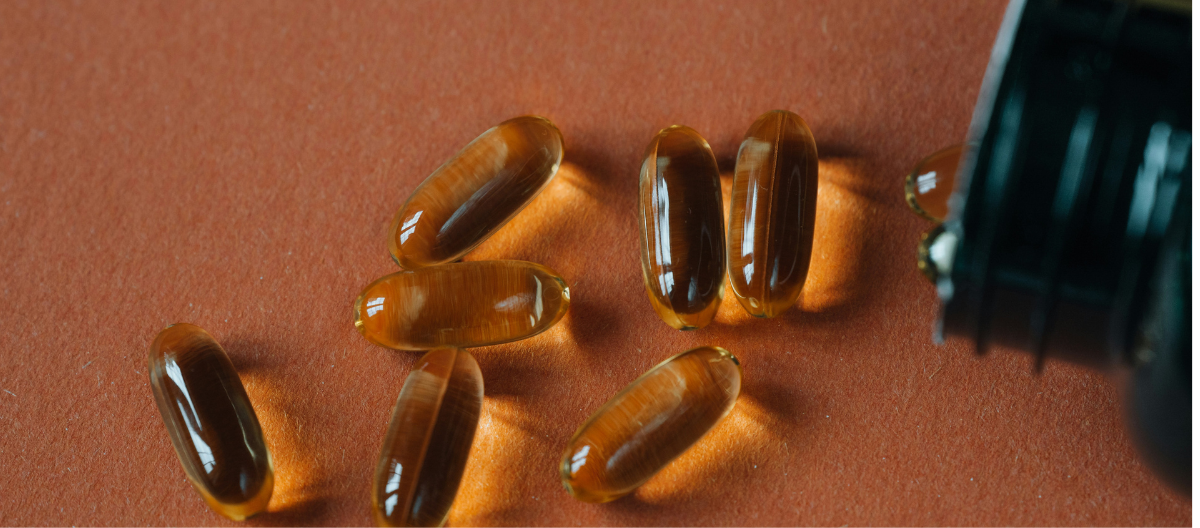Iron is an essential mineral that plays a crucial role in various bodily functions, including the production of hemoglobin, a protein in red blood cells that carries oxygen throughout the body. While many people get enough iron through their diet, there are situations where iron supplements become necessary.
Iron-Deficiency Anemia
Iron-deficiency anemia occurs when your body lacks enough iron to produce sufficient hemoglobin. This is the most common reason for taking iron supplements.
Symptoms of Iron-Deficiency Anemia:
- Fatigue and weakness
- Pale or sallow skin
- Shortness of breath
- Dizziness or lightheadedness
- Cold hands and feet
- Brittle nails or hair loss
- Pica (cravings for non-nutritive substances like ice or dirt)
Diagnosis: Iron-deficiency anemia is typically diagnosed through blood tests that measure hemoglobin levels, hematocrit, and serum ferritin (a marker of stored iron).
When Supplements Are Necessary: If diagnosed with iron-deficiency anemia, your doctor may prescribe iron supplements to increase your iron levels and improve symptoms.
Pregnancy
Pregnant women have higher iron needs because their bodies need to produce more blood to supply oxygen to the growing fetus.
Increased Iron Needs During Pregnancy: The recommended daily allowance (RDA) for iron increases during pregnancy to support the increased blood volume and fetal development.
Preventing Anemia in Pregnancy: Many prenatal vitamins contain iron, but in some cases, additional iron supplements may be necessary, especially if a woman has low iron levels or is at risk for anemia.
When Supplements Are Necessary: If you’re pregnant and your doctor finds that your iron levels are low, they may recommend an iron supplement to ensure both you and your baby stay healthy.
Menstrual Blood Loss
Women of childbearing age who have heavy menstrual periods (menorrhagia) are at higher risk for iron deficiency due to the amount of blood lost each month.
Heavy Menstrual Periods: Excessive blood loss during menstruation can deplete iron stores, leading to iron deficiency or anemia.
Symptoms of Low Iron Levels: If you experience symptoms like fatigue, dizziness, or pale skin during your period, it might be due to low iron levels.
When Supplements Are Necessary: If you have heavy periods and suspect low iron levels, your doctor may recommend iron supplements to prevent or treat iron deficiency.
Dietary Insufficiency
Some people may not get enough iron from their diet, particularly those who follow vegetarian or vegan diets, as plant-based iron (non-heme iron) is not as easily absorbed by the body as iron from animal sources (heme iron).
Risk Groups:
Vegetarians and vegans
People with restricted diets or food allergies
Individuals who do not consume iron-rich foods (e.g., red meat, fortified cereals, beans, lentils, and leafy greens)
When Supplements Are Necessary: If you have a restricted diet and are not getting enough iron, your doctor may recommend iron supplements to prevent deficiency.
Chronic Conditions and Diseases
Certain chronic conditions and diseases can lead to iron deficiency, either by causing blood loss or by interfering with the body’s ability to absorb or utilize iron.
Conditions That May Require Iron Supplementation:
- Chronic kidney disease (CKD): CKD can lead to anemia due to decreased production of erythropoietin, a hormone that stimulates red blood cell production.
- Gastrointestinal disorders: Conditions like celiac disease, Crohn’s disease, or ulcerative colitis can impair iron absorption.
- Gastric bypass surgery: This surgery can reduce the body’s ability to absorb iron, leading to deficiency.
- Cancer: Some cancers, particularly those affecting the digestive tract, can cause chronic blood loss or malabsorption of nutrients.
- When Supplements Are Necessary: If you have a chronic condition that leads to iron deficiency, your doctor may prescribe iron supplements as part of your treatment plan.
Infants and Young Children
Infants and young children, particularly those born prematurely or with low birth weight, have higher iron needs and may require supplementation to support healthy growth and development.
Breastfed Infants: Breast milk contains less iron than formula, so breastfed infants, particularly those not receiving iron-fortified foods, may be at risk for iron deficiency.
Toddlers: As children transition to solid foods, they may not consume enough iron-rich foods, putting them at risk for deficiency.
When Supplements Are Necessary: Pediatricians may recommend iron supplements for infants and toddlers who are at risk for iron deficiency or not consuming enough iron through their diet.
Athletes
Endurance athletes, especially runners, may be at higher risk for iron deficiency due to increased iron loss through sweat and the potential for minor gastrointestinal bleeding during intense exercise.
Increased Iron Loss: Athletes can lose iron through sweat, and high-impact activities can cause red blood cells to break down, leading to lower iron levels.
Performance Impact: Low iron levels can lead to decreased athletic performance, fatigue, and slower recovery times.
When Supplements Are Necessary: If an athlete is diagnosed with low iron levels, a healthcare provider may recommend iron supplements to maintain optimal performance and health.
While iron supplements can be beneficial in addressing iron deficiency, they are not suitable for everyone and can cause side effects if taken unnecessarily. Excessive iron intake can lead to conditions like iron overload, which can be harmful to your organs.
If you suspect you have low iron levels or are at risk for iron deficiency, it’s important to consult your healthcare provider. They can perform the necessary tests and recommend the appropriate dosage and type of iron supplement, if needed. Remember, it’s always better to get iron from a balanced diet when possible, but supplements can be a valuable tool in maintaining health when dietary intake isn’t enough.


